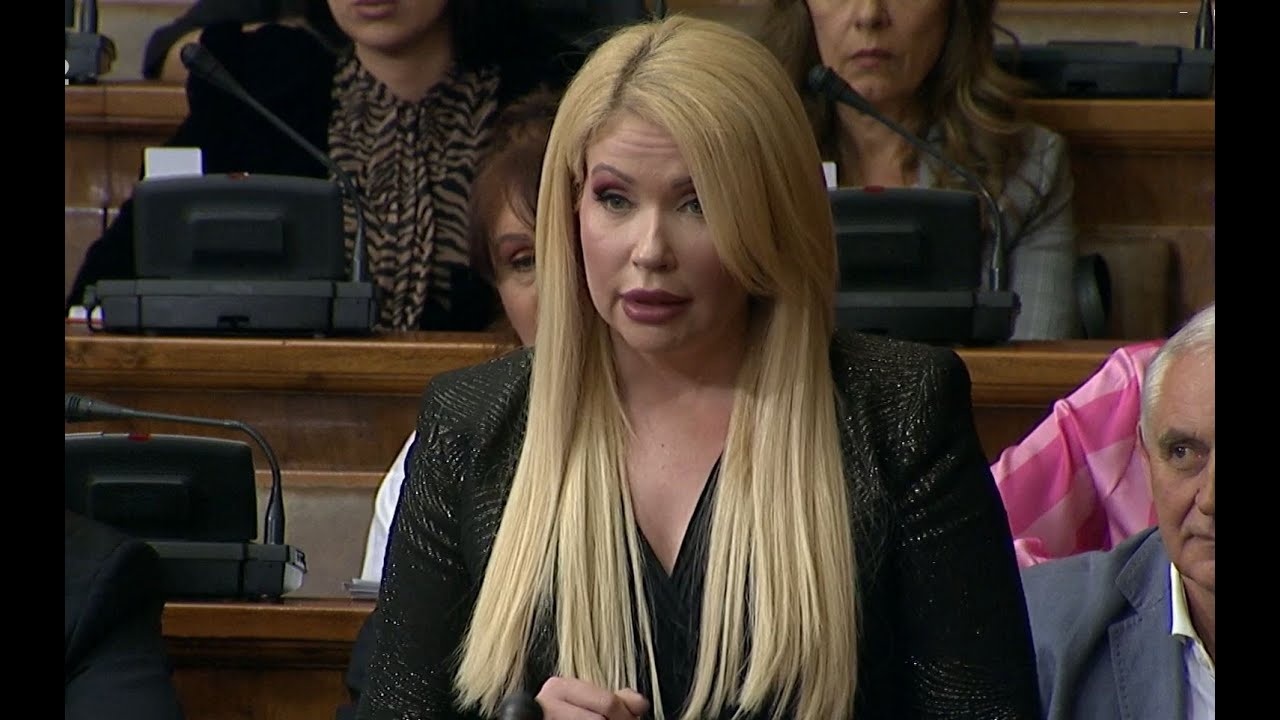Examining The Ethical Overlap: Veganism And Halal Meat Practices

Table of Contents
The Core Principles of Veganism
Veganism is a philosophy and lifestyle that seeks to exclude, as far as possible and practicable, all forms of exploitation of, and cruelty to, animals for food, clothing, or any other purpose. This involves a commitment to a plant-based diet and avoiding all animal products, encompassing ethical eating at its core. The driving force behind veganism is a deep concern for animal rights and a rejection of the inherent suffering inflicted upon animals within the current food system. This commitment extends beyond dietary choices, influencing fashion, cosmetics, and other aspects of life.
- Rejection of all animal products: This includes meat, dairy, eggs, honey, and any products derived from animals, like leather or gelatin.
- Emphasis on animal rights: Veganism centers on the belief that animals deserve the same consideration and respect as humans, advocating for their inherent right to life and freedom from suffering.
- Growing concerns about the environmental impact of meat: The environmental footprint of animal agriculture is substantial, contributing significantly to greenhouse gas emissions, deforestation, and water pollution. Veganism offers a more sustainable alternative.
- Focus on plant-based alternatives and sustainable food sources: Vegan diets promote the consumption of fruits, vegetables, legumes, grains, and other plant-based foods, often emphasizing locally sourced and organically grown produce to further reduce environmental impact.
The Principles of Halal Meat Production
Halal meat adheres to Islamic dietary laws, specifying the permissible methods of animal slaughter. The process, often referred to as Zabiha, emphasizes minimizing animal suffering through a swift and painless killing method. This approach highlights the importance of respecting animal life, even within the context of meat consumption. It’s not simply about the method of slaughter; it’s also about the treatment of the animal throughout its life.
- Animal must be healthy and alive before slaughter: The animal should be free from disease and treated humanely before the slaughter process.
- Specific prayer and invocation before slaughter: A prayer is recited before slaughter, signifying respect for the animal's life and acknowledging God's provision.
- Swift and clean cut to sever major blood vessels: The method aims for a quick and efficient kill to minimize pain and suffering.
- Complete draining of blood: Proper blood drainage is essential according to Halal guidelines.
- Prohibition of consuming certain animals: Islamic dietary laws prohibit the consumption of certain animals, such as pork and animals that are considered unclean.
Areas of Ethical Overlap
Despite their differences, both veganism and Halal practices share a common ground in prioritizing ethical considerations related to food. Both emphasize respect for life, albeit in different ways. This shared concern for ethical eating creates an interesting space for dialogue and potential collaboration.
- Both seek to minimize animal suffering, albeit with different methodologies. Veganism aims to eliminate animal suffering entirely, while Halal aims to minimize it during the slaughter process.
- Both indirectly contribute to promoting sustainable food systems by reducing reliance on intensive animal agriculture (though to vastly different degrees). A reduction in overall meat consumption, regardless of whether it's Halal or not, can have positive environmental consequences.
- Both inspire discussions about responsible consumption and ethical sourcing of food. Both practices encourage consumers to think critically about where their food comes from and how it was produced.
Areas of Divergence
The fundamental difference lies in the acceptance or rejection of animal products. Veganism completely rejects animal products, while Halal practice permits the consumption of meat under specific conditions. This core distinction shapes many aspects of the respective lifestyles and ethical frameworks.
- Acceptance vs. rejection of meat consumption: This is the most significant difference, shaping dietary habits and lifestyle choices.
- Different approaches to animal welfare: Veganism focuses on preventing animal suffering altogether, while Halal focuses on minimizing suffering during the slaughter process.
- Impact on dietary habits and lifestyle choices: Veganism necessitates a significant shift in dietary habits, whereas Halal adherents can maintain a diet that includes meat, provided it is sourced and prepared according to religious guidelines.
Bridging the Gap: Finding Common Ground
While differing in their core principles, both veganism and Halal practices offer valuable insights into more sustainable and ethical food systems. Promoting transparency and responsible sourcing can bridge the gap between these approaches. By focusing on common goals such as reducing the environmental impact of food production, common ground can be found.
- Supporting ethical and sustainable farming practices: Regardless of whether one follows a vegan or Halal diet, supporting farms that prioritize animal welfare and environmental sustainability is crucial.
- Reducing overall meat consumption, even within Halal guidelines: Consciously reducing meat consumption can have a positive impact on the environment and animal welfare, even for those who adhere to Halal dietary laws.
- Educating consumers about the ethical implications of their food choices: Raising awareness about the ethical considerations related to food production can encourage more responsible consumption habits.
Conclusion
Examining the ethical overlap between veganism and Halal meat practices reveals both significant differences and surprising common ground. While their approaches to animal welfare and meat consumption differ fundamentally, both emphasize ethical considerations and contribute to a broader discussion around responsible food choices and sustainable agriculture. Understanding these nuances is crucial for navigating the complex ethical landscape of food production and consumption.
Call to Action: Understanding the ethical nuances of both veganism and Halal meat practices empowers us to make more informed and compassionate choices about our food. Continue exploring these ethical considerations and learn more about sustainable and ethical food sourcing. Engage in discussions about veganism and Halal practices to further our understanding of ethical eating and compassionate living.

Featured Posts
-
 Marinika Tepi I Natsionalni Savet Roma Kontekst I Posleditse Spornikh Iz Ava
May 13, 2025
Marinika Tepi I Natsionalni Savet Roma Kontekst I Posleditse Spornikh Iz Ava
May 13, 2025 -
 Izdanie Na Romski Ba Ki Prva Kniga Promovirana
May 13, 2025
Izdanie Na Romski Ba Ki Prva Kniga Promovirana
May 13, 2025 -
 Will Elsbeth Season 2 Deliver On Its Judge Crawford Promise This Year
May 13, 2025
Will Elsbeth Season 2 Deliver On Its Judge Crawford Promise This Year
May 13, 2025 -
 Ostapenko Defeats Swiatek For Second Time Secures Stuttgart Semifinal Spot
May 13, 2025
Ostapenko Defeats Swiatek For Second Time Secures Stuttgart Semifinal Spot
May 13, 2025 -
 The Inner Workings Of Adhd Exploring Inside Our Adhd Minds
May 13, 2025
The Inner Workings Of Adhd Exploring Inside Our Adhd Minds
May 13, 2025
Latest Posts
-
 Fords Brazilian Legacy Faces Byds Electric Vehicle Challenge
May 13, 2025
Fords Brazilian Legacy Faces Byds Electric Vehicle Challenge
May 13, 2025 -
 Brazils Electric Vehicle Market Byds Expansion And Fords Shrinking Share
May 13, 2025
Brazils Electric Vehicle Market Byds Expansion And Fords Shrinking Share
May 13, 2025 -
 Chinas Byd Targets Brazils Ev Market As Fords Influence Wanes
May 13, 2025
Chinas Byd Targets Brazils Ev Market As Fords Influence Wanes
May 13, 2025 -
 Byd Challenges Fords Legacy The Future Of Electric Vehicles In Brazil
May 13, 2025
Byd Challenges Fords Legacy The Future Of Electric Vehicles In Brazil
May 13, 2025 -
 The Shifting Sands Of The Brazilian Auto Market Byd And The Future Of Evs
May 13, 2025
The Shifting Sands Of The Brazilian Auto Market Byd And The Future Of Evs
May 13, 2025
